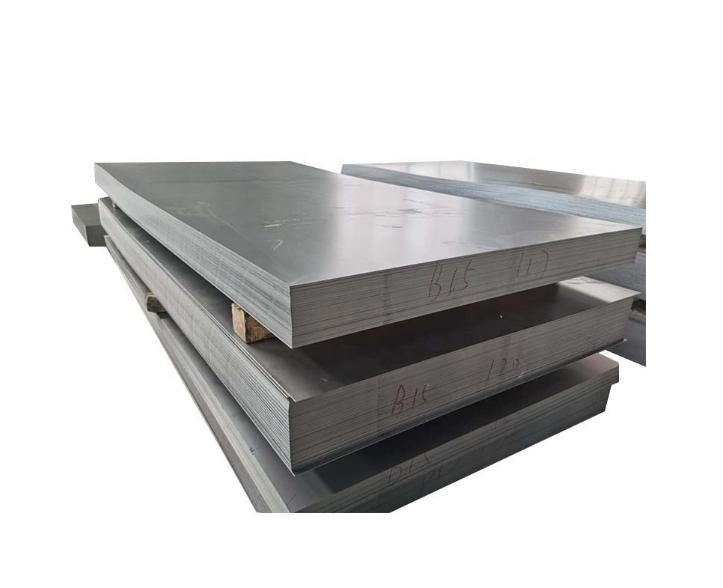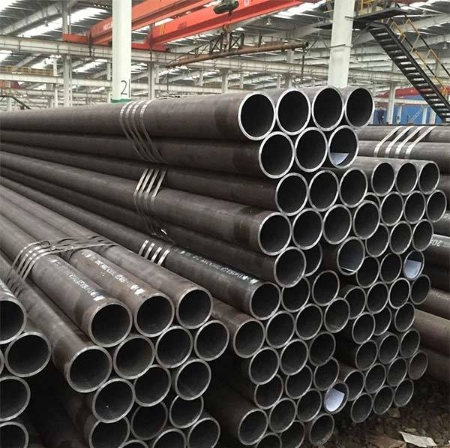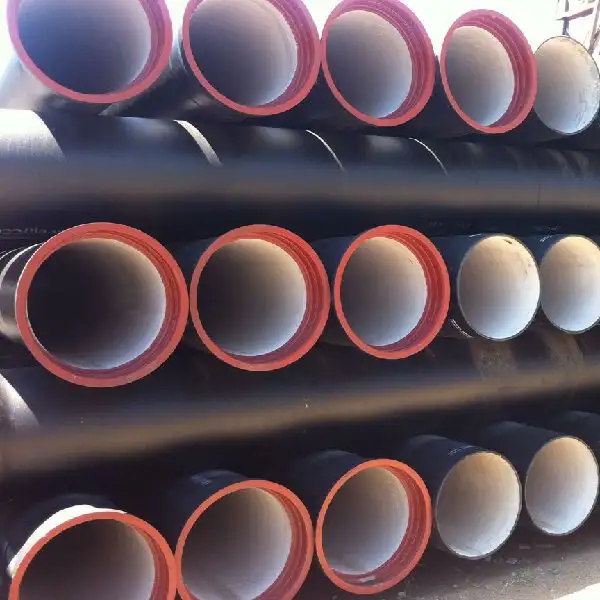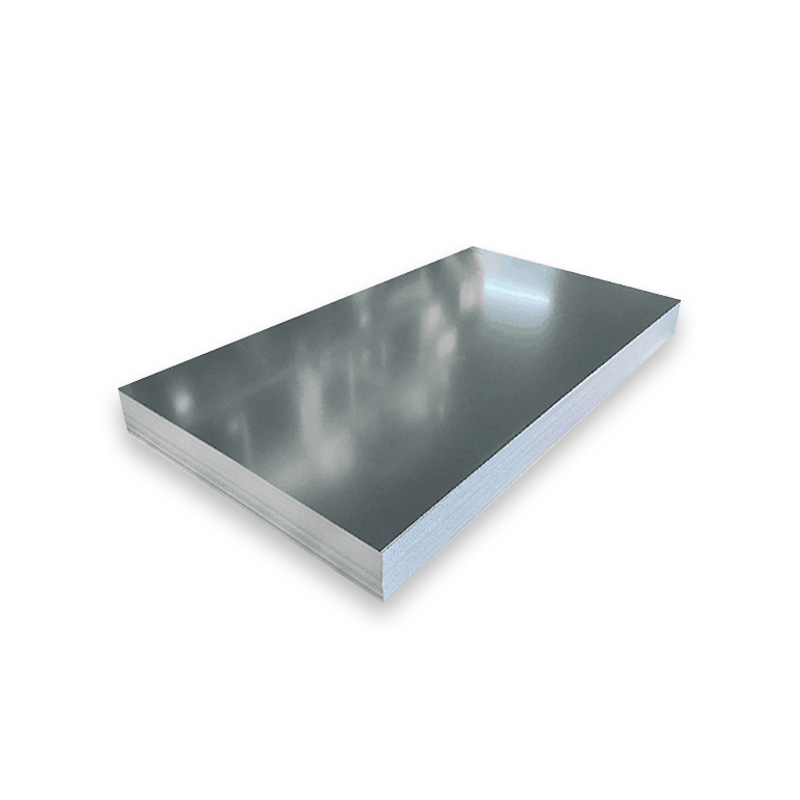CSA G40.21 is a Canadian standard that specifies requirements for structural quality steel plates, shapes, hollow structural sections (HSS), sheet, and sheet piling. It is widely used in Canada for various construction and engineering applications, ensuring materials meet defined chemical compositions, mechanical properties, and dimensional tolerances.
Common Grades and Designations
This standard covers several grades of steel, typically identified by their minimum yield strength in megapascals (MPa). Common grades include:
- G40.21 300W (historically 44W): Minimum yield strength of 300 MPa. The ‘W’ signifies weldable steel with controlled carbon equivalent.
- G40.21 350W (historically 50W): Minimum yield strength of 350 MPa, also weldable. This is a very common structural grade in Canadian construction.
- G40.21 380W (historically 55W): Minimum yield strength of 380 MPa.
- G40.21 480W (historically 70W): Minimum yield strength of 480 MPa.
The standard also includes ‘WT’ grades (e.g., 350WT), which indicate weldable steel with specified Charpy V-notch toughness requirements (the ‘T’ signifies toughness). These grades are suitable for applications where resistance to brittle fracture at lower temperatures is critical. For projects requiring specific grade characteristics, consulting with experienced suppliers like Shanxi Luokaiwei Steel Company can be beneficial.
Chemical Composition and Mechanical Properties
CSA G40.21 meticulously controls the chemical composition of the steel to achieve the desired properties. Limits are set for elements such as carbon, manganese, phosphorus, sulfur, silicon, and micro-alloying elements, varying by grade and thickness.
Key mechanical properties specified are crucial for structural integrity:
- Yield Strength: The stress at which the steel exhibits a specified limiting deviation from the proportionality of stress to strain.
- Tensile Strength: The maximum stress the steel can withstand before fracture.
- Elongation: A measure of the steel’s ductility, indicating its ability to deform before fracturing.
- Notch Toughness (for ‘T’ and ‘WT’ grades): The material’s ability to absorb energy and resist fracture in the presence of a notch, especially at low temperatures. This is often verified by Charpy impact testing.
Manufacturers, including entities such as Shanxi Luokaiwei Steel Company, must ensure their production processes consistently meet these stringent chemical and mechanical requirements.
Applications
Steel plates conforming to CSA G40.21 are extensively utilized in a broad spectrum of structural applications, including:
- Building construction (e.g., beams, columns, gusset plates)
- Bridge components
- Heavy machinery frames and parts
- Storage tanks
- Offshore structures and mining equipment
- General welded construction
The selection of a specific grade depends on factors like design loads, service temperature, fabrication methods, and corrosion considerations. Reputable steel providers like Shanxi Luokaiwei Steel Company often supply a range of these grades to major construction and industrial projects.
Quality and Dimensional Tolerances
Beyond chemical and mechanical aspects, CSA G40.21 outlines requirements for surface quality, permissible defects, and dimensional tolerances for thickness, width, length, and flatness. Adherence to these tolerances is vital for precise fabrication and assembly. Reliable suppliers, such as Shanxi Luokaiwei Steel Company, are often chosen for their ability to deliver materials that consistently meet these quality and dimensional standards. The standard also provides options for supplementary requirements like ultrasonic testing for internal soundness.







